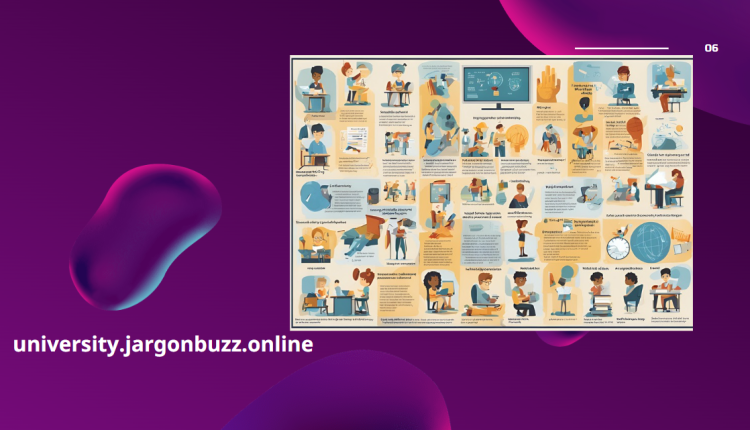Introduction
Student activities are an essential part of the university experience, significantly contributing to the development of personal and professional skills that students need to succeed in their careers. These activities encompass a wide range of events such as student clubs, sports teams, cultural and artistic activities, and volunteer work. This article aims to explore how student activities influence the development of students’ personal and professional skills, providing real-life examples and statistics to support this idea.
Student Activities and Personal Skills
1. Building Self-Confidence
Student activities play a crucial role in building self-confidence among students. By participating in various activities, students face new challenges and learn how to overcome them. For instance, joining a sports team can enhance a student’s sense of achievement and belonging, thereby boosting their self-confidence. Additionally, students who participate in cultural or artistic clubs can discover their unique talents and develop their personal skills.
2. Developing Communication Skills
Student activities offer significant opportunities for students to develop their communication skills. Through teamwork or giving presentations, students learn how to express their ideas clearly and listen effectively to others. These skills are essential not only in professional life but also in everyday life. For example, participating in debates or public speaking competitions can help students improve their public speaking abilities and manage discussions effectively.
3. Enhancing Leadership and Teamwork
Student activities are an ideal setting for enhancing leadership and teamwork skills. When students take on leadership roles in clubs or teams, they learn how to lead a team and motivate its members. These experiences help them develop management and planning skills, as well as how to handle challenges and conflicts. Teamwork in these activities helps students understand the importance of collaboration and effectively distributing roles to achieve common goals.
Student Activities and Professional Skills
1. Gaining Practical Experience
Through student activities, students can gain practical experiences that prepare them for the job market. For instance, students who participate in volunteer activities can acquire skills in organization, planning, and project management. These practical experiences enhance their job prospects after graduation, as employers prefer individuals with previous practical experiences and a demonstrated commitment to activity and community involvement.
2. Building a Professional Network
Student activities help build a valuable professional network. By participating in events, conferences, and workshops, students can connect with their peers and professionals in various fields. These relationships can be beneficial in the future when seeking job opportunities or professional guidance. Additionally, student clubs focused on specific fields, such as engineering or medical clubs, can provide opportunities to interact with specialists in those fields and exchange experiences and knowledge.
3. Developing Technical Skills
Student activities also offer opportunities to develop technical skills. For example, students who participate in engineering or scientific teams can acquire skills in using modern software and technology. These skills can be very useful in their professional lives, as today’s job market requires advanced technical skills. Participation in scientific competitions or technical projects can provide students with practical experience in applying what they have learned in the classroom to real projects.
Examples and Statistics
1. Real-Life Examples
To provide a clearer idea of the impact of student activities, we can look at some real-life examples. For instance, a study conducted by Harvard University indicates that students who participate in student activities are more likely to graduate on time and are more capable of finding jobs after graduation. Similarly, another study from Stanford University showed that students who participate in sports teams exhibit higher levels of self-confidence and teamwork abilities compared to their peers.
2. Supporting Statistics
Statistics support the idea that student activities contribute to the development of personal and professional skills. According to a study by the National Association of Student Activities, 85% of employers believe that participation in student activities enhances job prospects. Additionally, the study showed that students who participate in student activities have a 10% lower unemployment rate compared to their peers who do not participate in these activities.
Conclusion
In conclusion, student activities play a vital role in developing personal and professional skills in students. By providing opportunities to build self-confidence, communication skills, leadership, and teamwork, as well as gaining practical experiences, building a professional network, and developing technical skills, student activities help prepare students for success in their professional lives. Therefore, it is essential to encourage students to participate in student activities and take advantage of the opportunities offered by universities and colleges to make the most of their educational experience.
